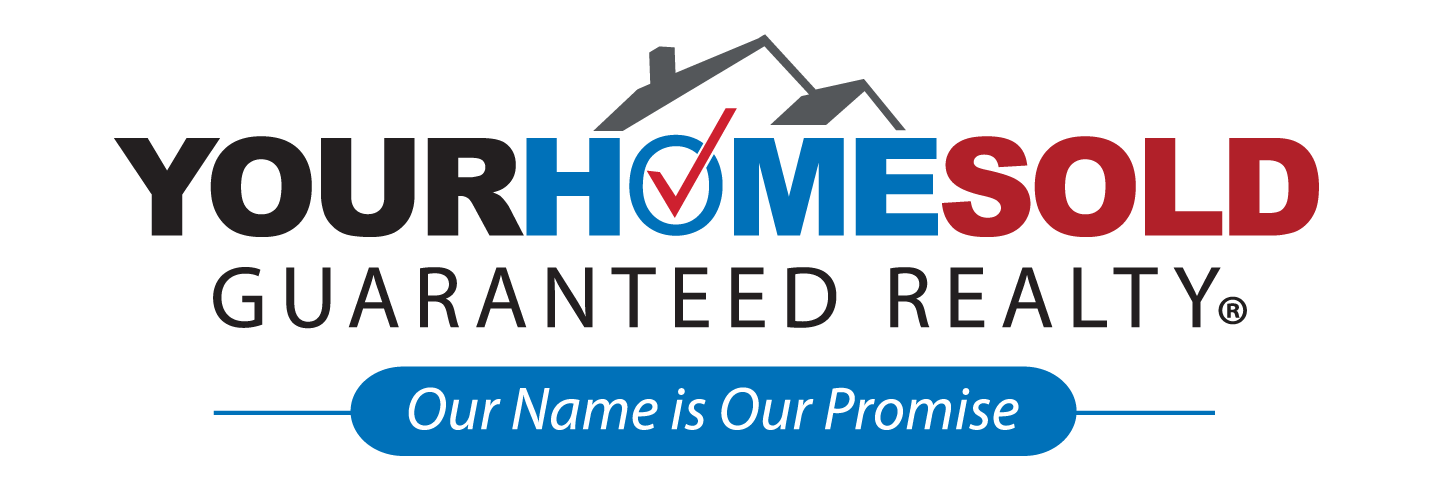
Homeowners Save Big on Taxes
Homeowners Save Big on Taxes: Essential Tax Breaks You Need to Know
Owning a home comes with numerous financial benefits, and one of the biggest perks is the opportunity to save on taxes. Many homeowners are unaware of the tax deductions, credits, and strategies available to help them keep more money in their pockets each year. In this guide, we’ll break down the top tax-saving opportunities for homeowners and how you can maximize your savings.
1. Mortgage Interest Deduction
One of the biggest tax advantages for homeowners is the ability to deduct mortgage interest. If you have a mortgage on your primary or secondary home, you can deduct the interest paid on loans up to:
$750,000 for married couples filing jointly (or $375,000 for single filers).
If your mortgage originated before December 15, 2017, you may be able to deduct interest on loans up to $1 million.
How to Claim It
You must itemize deductions on Schedule A of your tax return.
Your mortgage lender will provide Form 1098, which reports the amount of interest you paid.
2. Property Tax Deduction
Homeowners can deduct state and local property taxes (SALT) up to $10,000 (or $5,000 for single filers). This deduction can help significantly reduce your taxable income.
How to Claim It
Itemize deductions on Schedule A of your tax return.
Include the amount paid for real estate taxes on your property.

3. Home Office Deduction
If you use a portion of your home exclusively for business, you may qualify for a home office deduction. This can apply to homeowners who are self-employed or work remotely.
How to Claim It
Use Form 8829 (Expenses for Business Use of Your Home).
Calculate the deduction using the simplified method (deduct $5 per square foot of office space, up to 300 square feet) or the actual expense method (based on home expenses like utilities, insurance, and maintenance).
4. Energy Efficiency Tax Credits
Making energy-efficient upgrades to your home can qualify you for valuable tax credits:
Residential Clean Energy Credit: Get a 30% credit for installing solar panels, wind turbines, or geothermal heat pumps.
Energy Efficient Home Improvement Credit: Get up to $1,200 per year for insulation, energy-efficient windows/doors, or HVAC improvements.
How to Claim It
Use Form 5695 (Residential Energy Credits).
Keep receipts and manufacturer certifications.
5. Capital Gains Exclusion When Selling Your Home
When selling a home, homeowners may exclude up to $250,000 (or $500,000 for married couples) of profit from capital gains taxes—if they meet the ownership and use test:
Must have lived in the home for at least two of the last five years before the sale.
The home must have been your primary residence.
How to Claim It
Report the home sale on Schedule D and Form 8949 (Sales and Other Dispositions of Capital Assets) if required.
6. Mortgage Insurance Premium Deduction
If you put down less than 20% on your home and pay for private mortgage insurance (PMI), you may be able to deduct PMI premiums. This deduction phases out if your adjusted gross income (AGI) is over $100,000.
How to Claim It
Look for PMI payments on Form 1098 from your lender.
Report it as an itemized deduction on Schedule A.
7. HELOC and Home Equity Loan Interest Deduction
If you took out a home equity loan or home equity line of credit (HELOC) and used it for home improvements, the interest may be deductible.
How to Claim It
Must itemize deductions.
Interest is deductible only if the loan was used for substantial home improvements.
8. Medical Home Improvements Deduction
If you made home modifications for medical reasons, such as wheelchair ramps, widened doorways, or stair lifts, you may be able to deduct the cost as a medical expense.
How to Claim It
Report on Schedule A (Medical Expenses).
Only expenses exceeding 7.5% of your adjusted gross income are deductible.
9. Moving Expenses for Active Military Members
If you are an active-duty military member moving due to a permanent change of station, you may be eligible for a moving expense deduction.
How to Claim It
Use Form 3903 (Moving Expenses).
Must be an active-duty member moving under military orders.
10. Rental Property Tax Deductions
If you rent out part of your home or have rental properties, you can claim deductions for:
Mortgage interest
Property taxes
Repairs and maintenance
Depreciation
Homeowner’s insurance
Utilities (if you pay them for tenants)
How to Claim It
Report income and deductions on Schedule E (Supplemental Income and Loss).
Maximize Your Homeowner Tax Savings
These tax benefits can save you thousands of dollars each year. To ensure you get the maximum savings: ✅ Keep track of receipts for home improvements, property taxes, and mortgage payments.
✅ Work with a tax professional to confirm eligibility for deductions and credits.
✅ Use tax software that guides you through homeowner deductions.
💰 Thinking about selling your home and want to maximize your profit? Call or text Rick Kendrick at 561-508-8453 today for expert guidance on the best strategies to save on taxes and get top dollar for your home!
Example Tax Savings for a $500,000 Home with a $475,000 Mortgage
For a homeowner with a $500,000 home and a $475,000 mortgage, here’s an estimate of potential tax deductions and savings:
Mortgage Interest Deduction (5% rate): $23,750
Property Tax Deduction (1.25% rate): $6,250
PMI Deduction (1% of mortgage balance): $4,750
Home Office Deduction (200 sq ft @ $5/sq ft): $1,000
Energy Efficiency Credit (solar panels or upgrades): $1,500
Total Potential Tax Deductions: $37,250
Actual Tax Savings Based on Income Tax Bracket
Your actual tax savings depend on your federal income tax bracket:
If you're in the 22% tax bracket, your savings would be $8,195
If you're in the 24% tax bracket, your savings would be $8,940
If you're in the 32% tax bracket, your savings would be $11,920
📞 Want to maximize your tax savings when buying or selling your home? Call or text Rick Kendrick at 561-508-8453 today!
FAQs About Homeowner Tax Savings
1. Can I deduct my entire mortgage payment?
No, only the mortgage interest portion of your payment is deductible, not the principal.
2. What happens if I don’t itemize deductions?
If you take the standard deduction, you won’t be able to claim mortgage interest, property taxes, or other itemized homeowner deductions.
3. How do I know if I qualify for the home office deduction?
You must use the space exclusively and regularly for business. Occasional use or using it as a guest room won’t qualify.
4. Can I deduct home insurance costs?
Generally, homeowner’s insurance is not deductible, except if you have a rental property or claim part of it under the home office deduction.
5. Are tax deductions and credits the same thing?
No. Deductions reduce taxable income, while credits provide a dollar-for-dollar reduction of your tax bill.
By understanding and using these tax breaks, homeowners can make the most of their investment and put more money back into their pockets. If you're planning a move or want to explore your home’s value, reach out to Rick Kendrick at 561-508-8453—your trusted real estate expert in Florida! 🏡💰



